- HOME
- Catalogue
-
Subject pages
-
Research
- Tools page
- Encyclopaedias >
- Search Englines >
-
eResources
>
- Archives footage Hawkes Bay Earthquake
- BBC Bitesize
- Canterbury Earthquake Kete
- Debatabase
- Digital NZ
- DKFindOut.com
- eBook Platform
- First World War resources page
- INNZ
- List of NZ Resources
- ICT Cybersafety agreement CHS
- Maori maps - mapping pa sites of NZ
- NZHistory online
- Papers Past
- Te Papa Images
- The Press Online
- How to assess books and websites >
- Magazines, Journals & Newspapers >
- Referencing, Essay structure & Grammar >
- Quick Links
- Contact us
|
These three articles are interesting in terms of where we ourselves and our students are coming from. The main point seems to be what place does technology have in our collective lives? The implications are interesting for our next steps in their education. 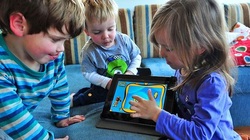 ARTICLE: Little brains suffer with too much screen play "Too much time in front of the screen playing the wrong kind of computer games can delay a child's development or lead to serious damage in adults, according to new research on the impact of media and technology on the brain." Read more: http://www.smh.com.au/digital-life/digital-life-news/little-brains-suffer-with-too-much-screen-play-20131003-2uxh5.html  ARTICLE: Children reading less - apps, games ... "It's hugely impacting on teenagers: 11-17 year-olds are actually dropping their participation in quite a broad range of activities in order to play game apps," said Henry." Read more: http://www.theguardian.com/technology/appsblog/2013/sep/26/children-reading-less-apps-games  ARTICLE: Ubiquity and temptation "The ease and frequency of access to the resources and tools I need, when I need them has streamlined much of my working and social life. However, I am also very aware of the compulsion that can come with such convenience. I am more present in the moment when I don’t have the option to check or contribute to my channel feed. Even writing this blog post, I had to deliberately close my email and Twitter tabs. The temptation to snack on tidbits of information; to chip away at other projects, the habitual scanning of articles, posts, comments, etc from a variety of streams is all part of striking a balance with the new ‘infotention’. It’s almost like we are attending a race where we are constantly scanning the track to see who to cheer for. In the same motion, we also have to filter out the information that is irrelevant and identify what is not worth paying attention to. I believe we can do this more effectively by drawing a clear line between when we engage with technology and when we switch it off. (Remember when we used to actually turn off our technology? Now we just put it to sleep and/or charge it - in a constant state of readiness!). Knowing when to extract ourselves from our digital spaces enables us to be more present in our face to face experiences, relationships, and even the flow of our own thoughts. Celebrating the ubiquity of personalised devices is not to be undermined here. Rather, being more mindful of achieving a better balance between our technology and attention is key. If information is not given a sustained and meaningful context, it quickly downgrades to nothing more than a diversion." Read more: http://schools.natlib.govt.nz/blogs/libraries-and-learning/13-09/ubiquity-and-temptation "Technology is only technology to those who were born before it."
|
@Saskia_CHSLFollow me on Twitter for other Professional Development tidbits. Archives
November 2014
Categories
All
|
|
All original content on this site is copyright protected. Please contact Saskia Hill, CHS Library Manager, if you wish to republish. 2024. All book cover images used in this site are used under the SLANZA agreement for book promotion. |
 This work by Cashmere High School Library (original content) Saskia Hill is licensed under a Creative Commons Attribution-NonCommercial-ShareAlike 4.0 International License. |


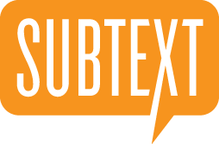

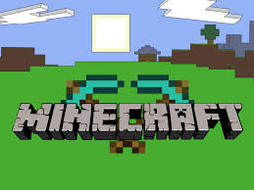
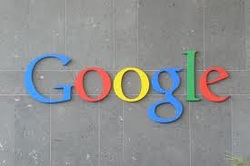


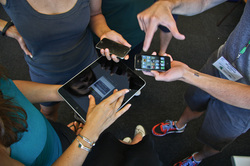


 RSS Feed
RSS Feed
